Belgium - 2023 Country Profile
Read our latest 2023 country profile with feedback from our member from Belgium This country profile is taken from "Children's Rights: Political will or won't?", our 2023 report on children in need across…
read more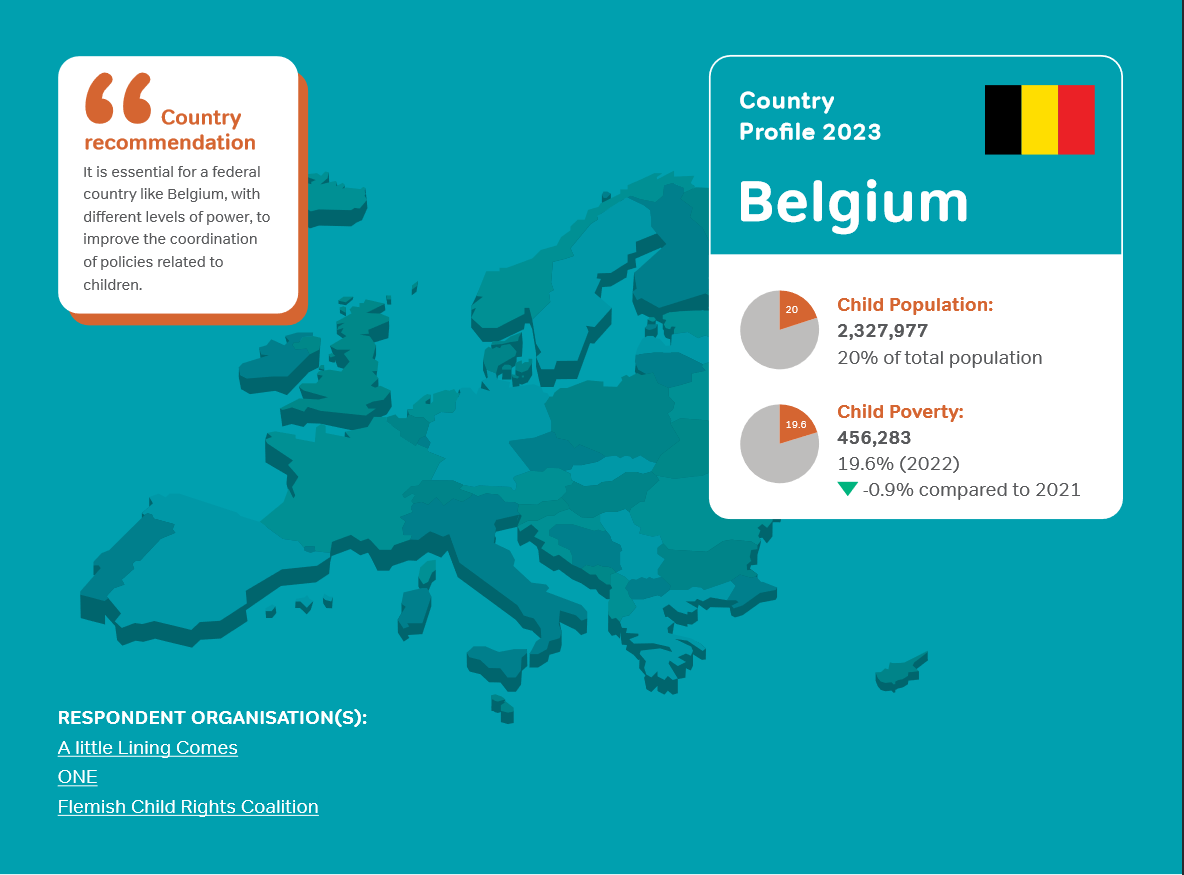
Read our latest 2023 country profile with feedback from our member from Belgium This country profile is taken from "Children's Rights: Political will or won't?", our 2023 report on children in need across…
read more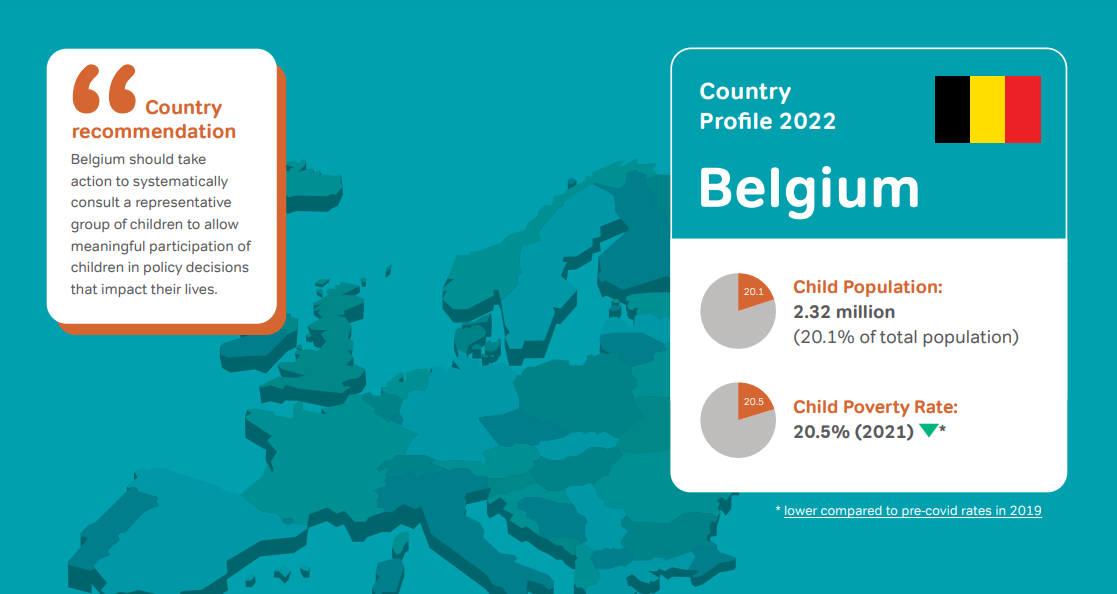
Eurochild recently published a new report, (In)visible children, on the situation of children in need across Europe. Read feedback from our members on the European Semester, on EU funding, and…
read more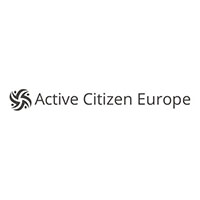
Active Citizen Europe (ACE) fosters the integration of children within society through innovative and participatory programmes, capacity building, advocacy, intercultural work, digital literacy and the promotion of a multipronged citizenship education. ACE pioneers community-based programmes for young people to encourage integration and prevent marginalization.
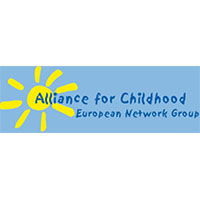
Alliance for Childhood European Network group’s vision is that European societies place the quality of childhood in the centre of all their activities and thoroughly assesses the effects of their decisions on children. Their main mission is to increase the respect for childhood as a basis for human development and to create awareness of the needs of all children; it aims at developing and inspiring ideas for solutions to those problems which could endanger the good quality of childhood. It provides a platform for policy makers, decision makers, researchers, practitioners, parents and all people that have an influence on children’s lives.
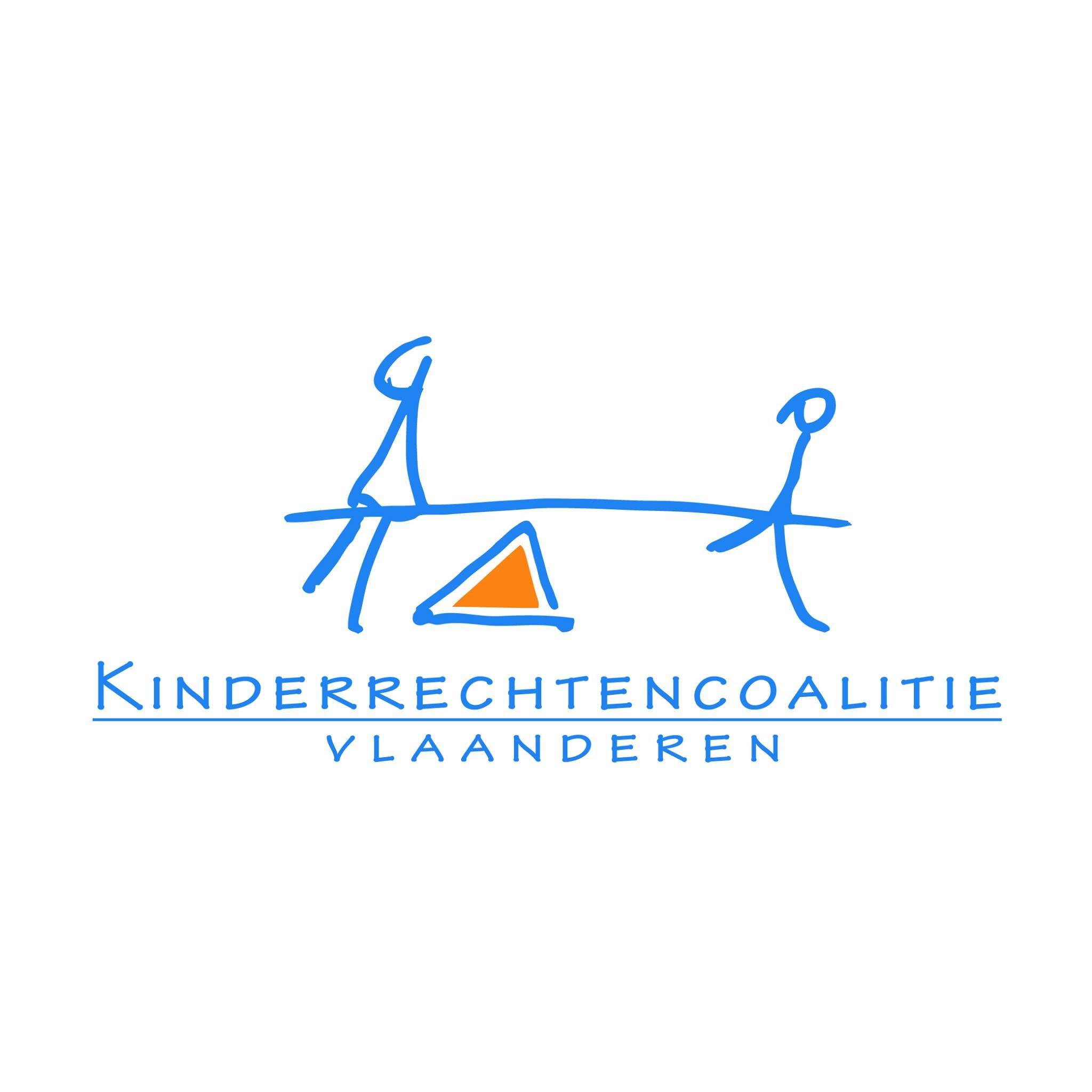
The Child Rights Coalition Flanders is a network of non-governmental organisations that aims at monitoring the compliance with the UNCRC, actively promotes the rights of the child and constructively contributes to the process of reporting on the implementation of the UNCRC. The Kinderrechtencoalitie does this by gathering information and expertise related to the application of the UNCRC working to build and strengthen the network of NGOs working with/for children and by doing advocacy and lobbying work, monitoring policies and spreading the vision and recommendations of the NGOs.

The Children’s Rights Knowledge Centre is a non-profit organisation that operates on the intersection between children’s rights research policy and practice in Flanders, Belgium and abroad. KeKi’s activities aim to contribute to a better understanding of children’s rights in a variety of professional contexts. KeKi encourages researchers, policy makers and professionals to integrate and contextualise children’s rights in their work and to take a reflective stance towards what children’s rights can mean in their specific work. As a knowledge actor, Keki’s role is to gather and share existing knowledge and expertise about children’s rights make this knowledge useful and accessible for different professional contexts and – where gaps in knowledge exist – create or co-create new knowledge. All KeKi’s work is based on interdisciplinary academic research and inspired by a critical self-reflective approach.
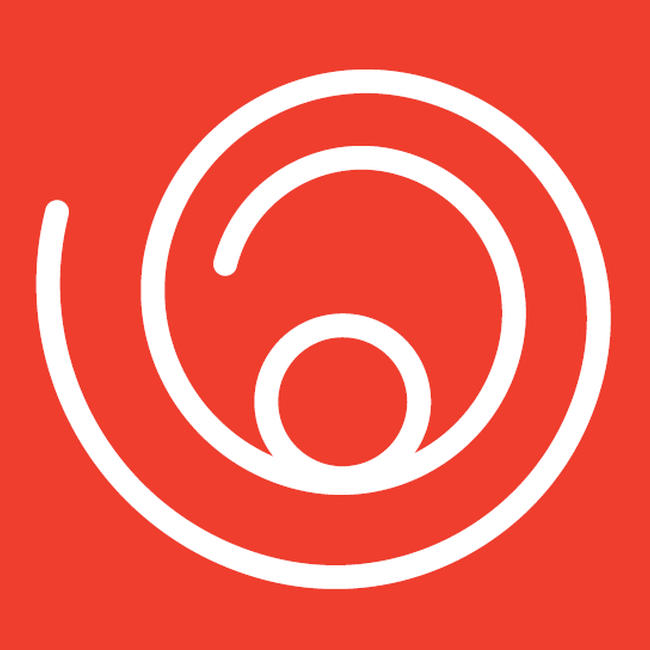
VBJK is a resource, research and training centre in early childhood education and care, which keeps track of evolution on the ground and in research and monitors national and international changes. VBJK is committed to support and improve the daily work of professionals by connecting all involved parties: children, parents, practitioners, researchers, policymakers and all possible relevant organisations. VBJK provides coaching projects and develop research.

Don Bosco International is advocating for children and youth with special focus on young migrants and their social inclusion. Don Bosco aims at empowering young people for the transition from education to employment and at fighting against poverty and social exclusion.

The European Council for Steiner Waldorf Education (ECSWE) comprises 26 national Waldorf Associations, representing 700 schools in Europe. Their purpose is to strengthen and develop Steiner education in their member countries through active interest and a mutual sharing of experience.
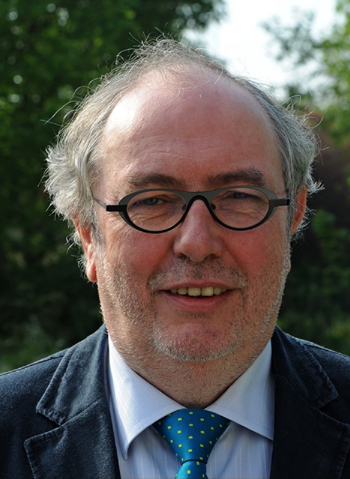
During the last 15 years Julien Van Geertsom was chair of the federal administration Social Integration and Fight Against Poverty. One of their priorities was the fight against child poverty and promotion of child well-being. They developed a national plan against child poverty. On the European level they developed an action plan for the fight against child poverty. As an individual expert he decided to join Eurochild to share his knowledge and experiences and support keeping the topic of child poverty on the political agenda.

Kind and Gezin is a Flemish governmental agency with responsibility for young children and families in Flanders (Northern part of Belgium). Its main task is to implement government policy for young children and their families, in particular in the fields of preventive care child care services, family support diversity and children’s rights. Their activities include prevention services for future parents and families with children under the age of three and home visits and consultations.
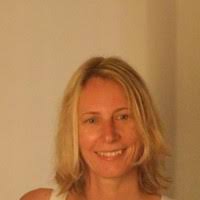
Maud Stiernet is a Vienna based, experienced Communications Specialist with a teacher’s background. Maud has a lot of acquaintances with the disability field & children’s rights, a sound knowledge of family – based care and a good understanding of the stakeholders. She became a UN guidelines specialist and studied their implementation. As a consultant she is training or advising on narrative strategies, design thinking and accessibility tools (especially for children and students).

The Office of Birth and Childhood (Office de la Naissance et de l’Enfance) is a public institution developing birth and childhood policies. The ONE is an independent organism under the Minister for Childhood of the Wallonia & Brussels Federation. Its two main missions are to support the child’s development within the family and social environment and to advise and support pregnant women parents and families through medical and social action in order to ensure the global wellbeing of children.
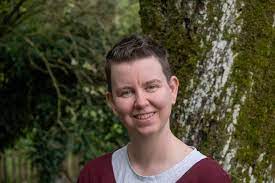
Florence Koenderink has been involved in alternative care including institutional care in low and middle-income countries for over 13 years. In 2018, she founded Why Family-Based Solutions with the purpose of supporting the move from institutional care toward family-based alternative care through consultancy awareness raising, research and publication. Prior to that she ran the NGO Orphanage Projects from 2007-2018.



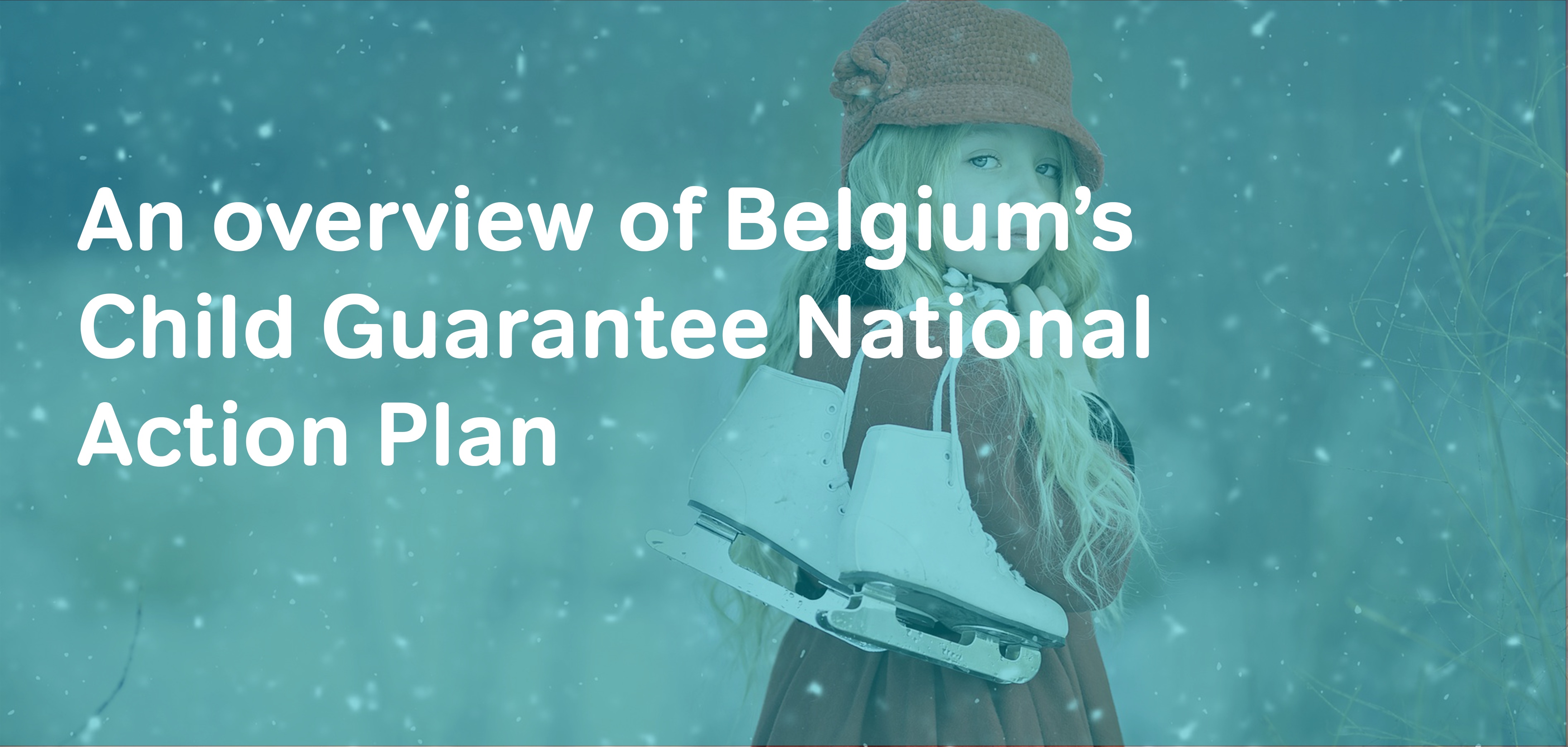
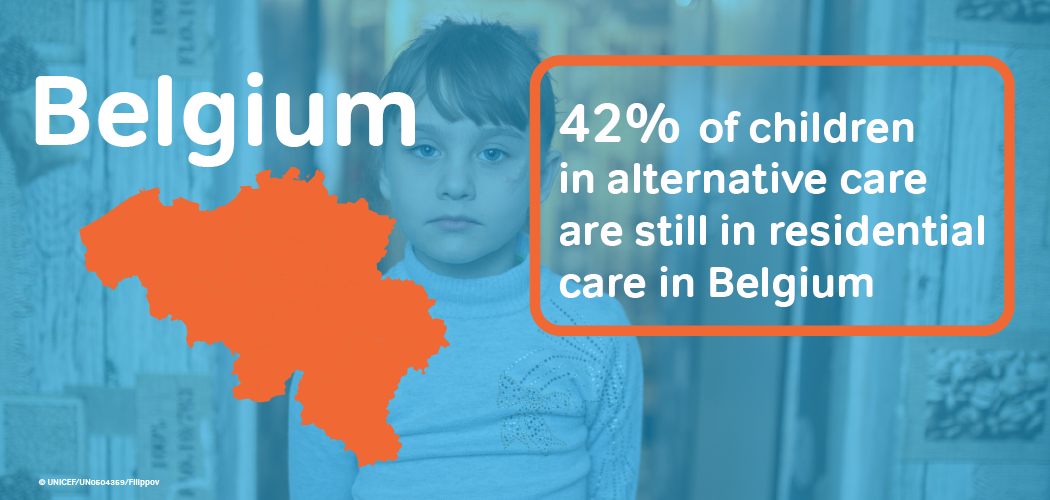
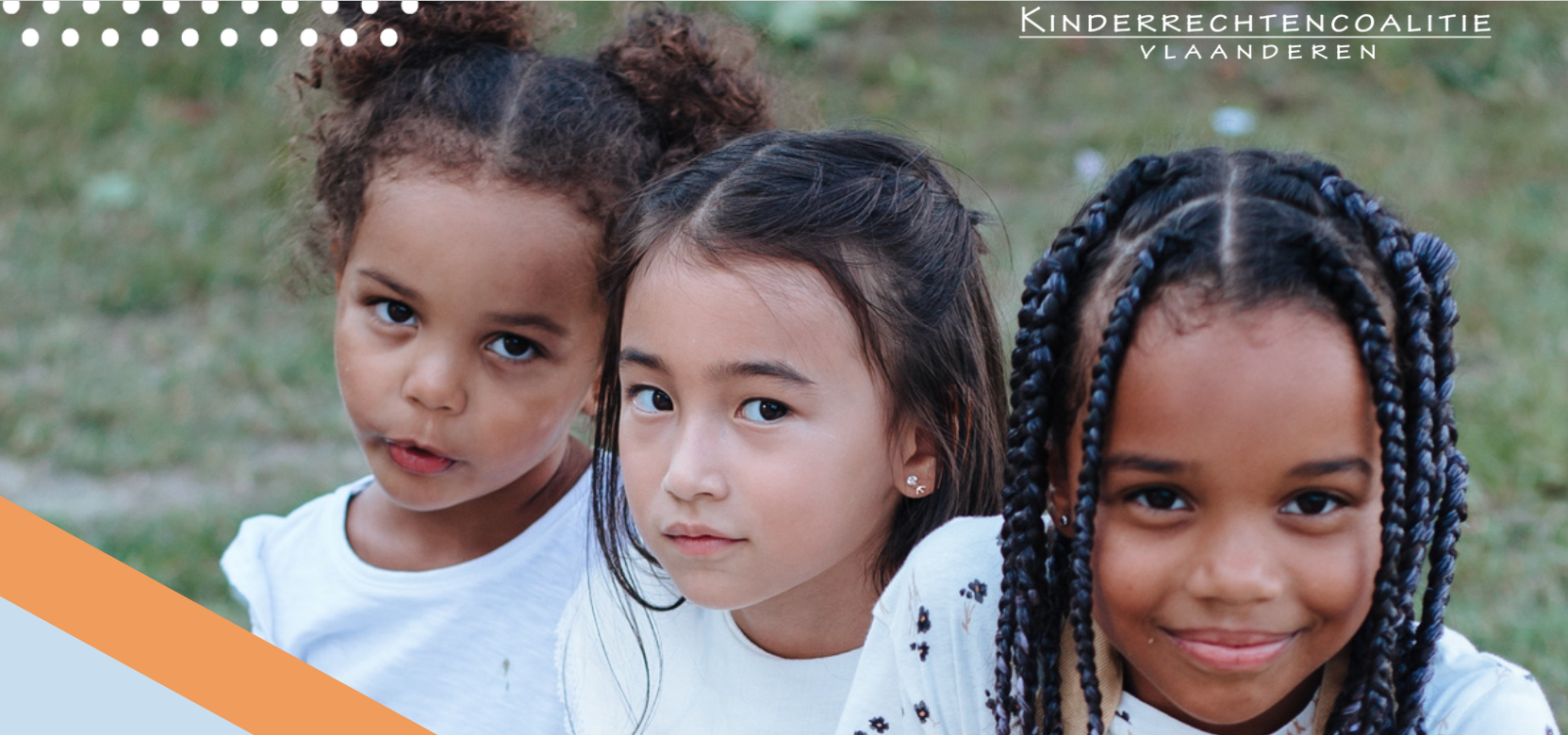
Eurochild member from Belgium Kinderrechtencoalitie Vlaanderen calls for an ambitious national action plan and encourage the involvement of children and NGOs in the process. The report analyses several challenges in…
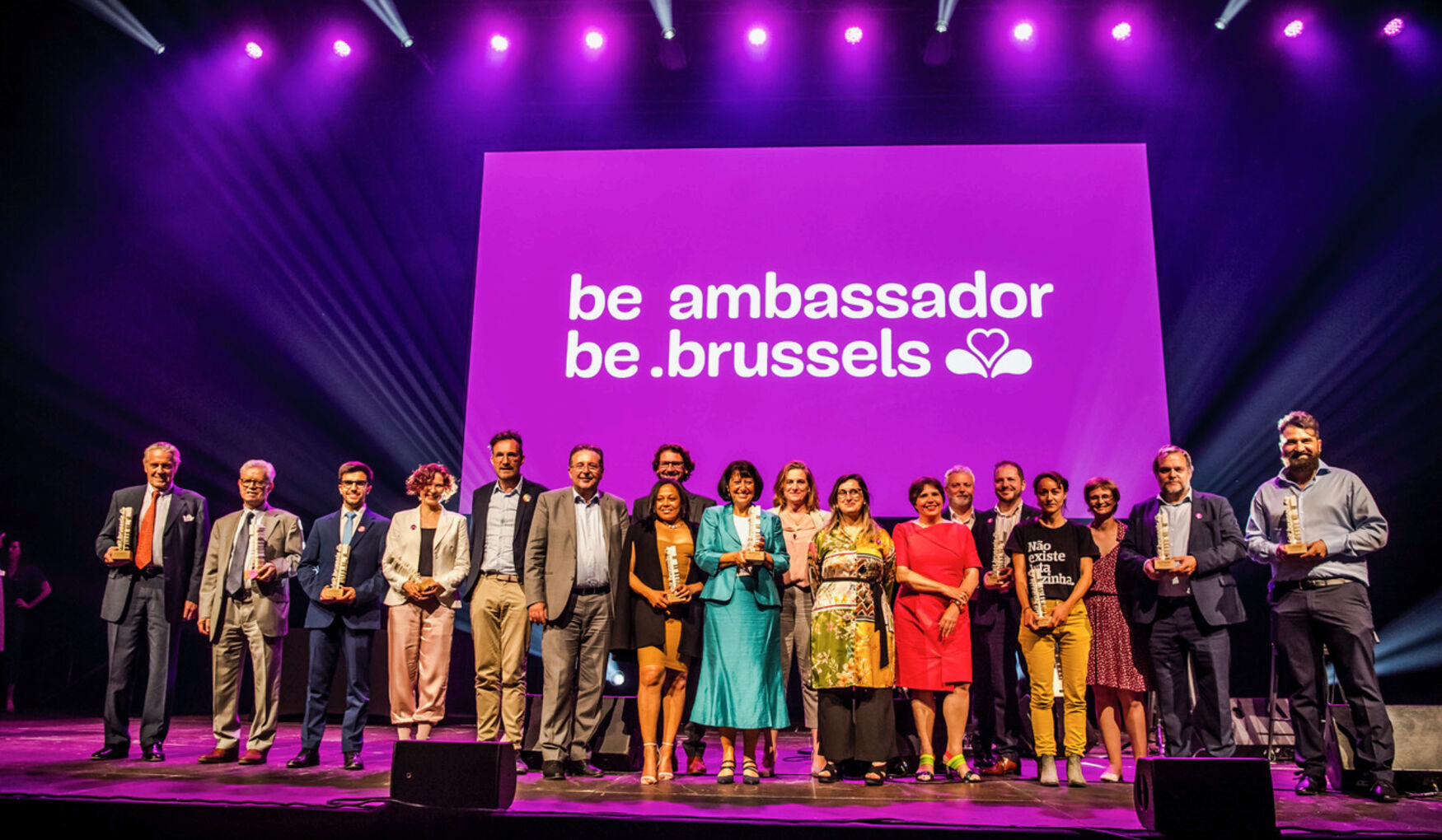
Eurochild supported the participation of children at the 2020 EU Commission forum on child rights. On 18 March 14 congress and conference organisers became Brussels ambassadors at the Brussels Events…
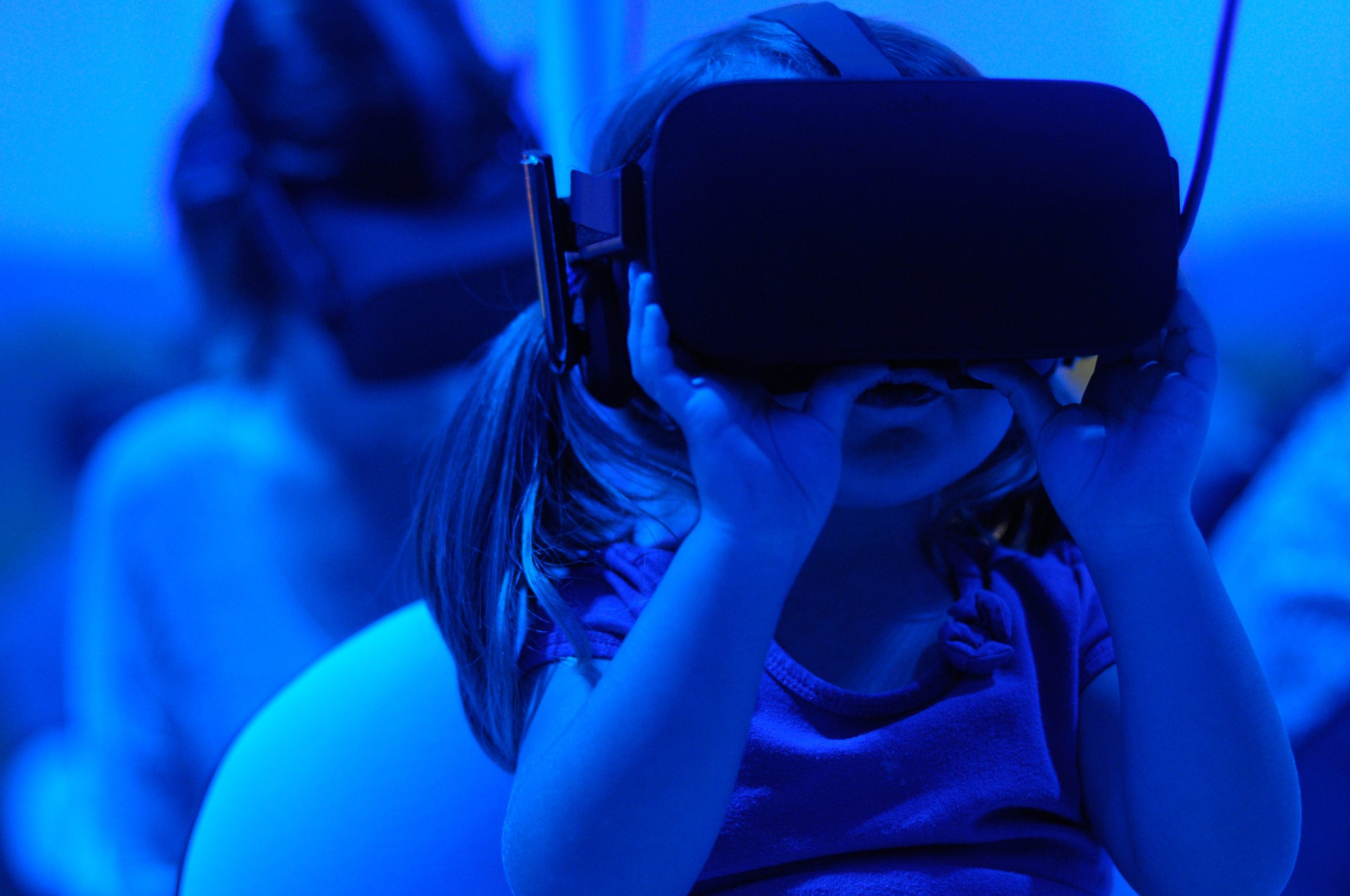
Ahead of the European Day of Persons with Disabilities, Eurochild member, Maud Stiernet, explains how to include children: by involving them and checking their accessibility needs. Maud is a consultant…
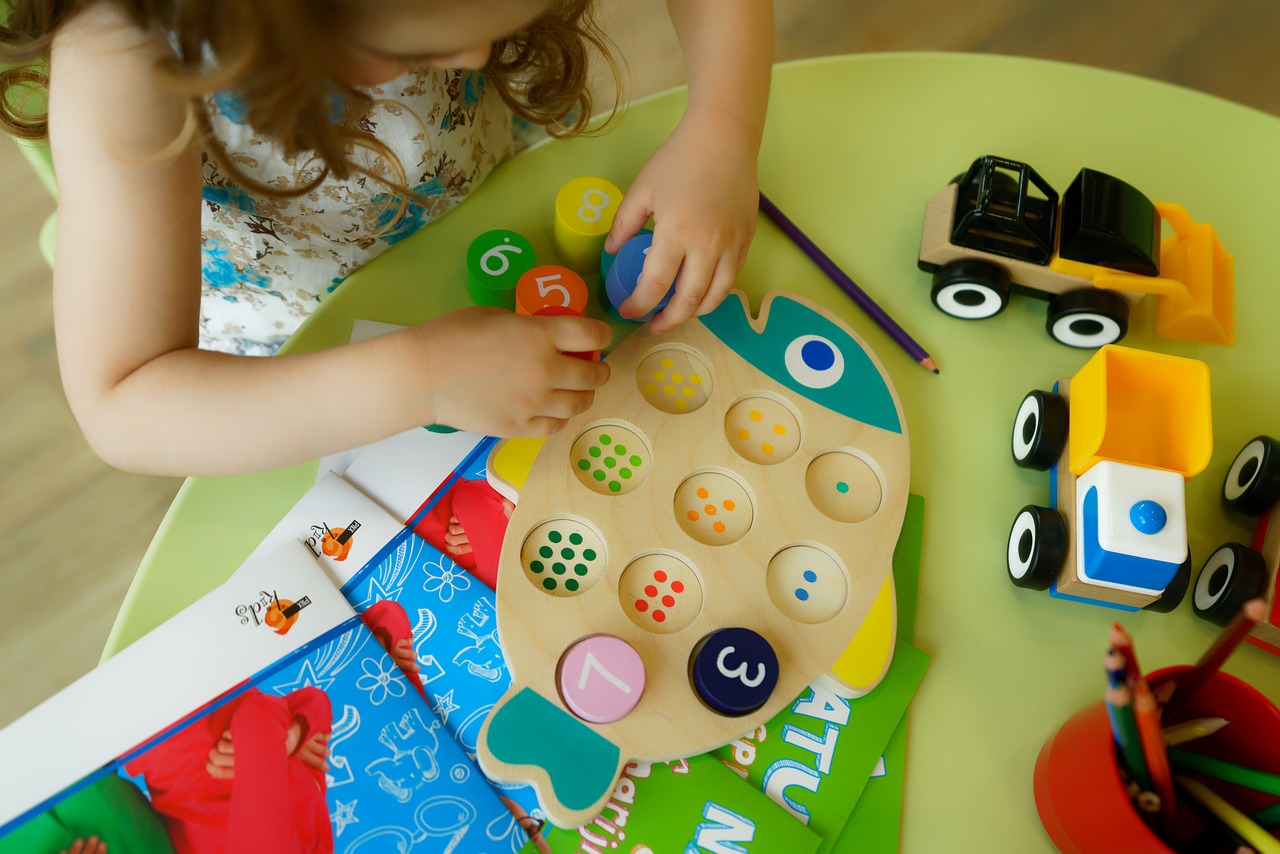
Eurochild member KeKi attends the LEGO Group’s Build the Change workshop with children in Brussels. This blog was written by Isabella Goossenaerts, Project Manager at KeKi (Kenniscentrum Kinderrechten - the…
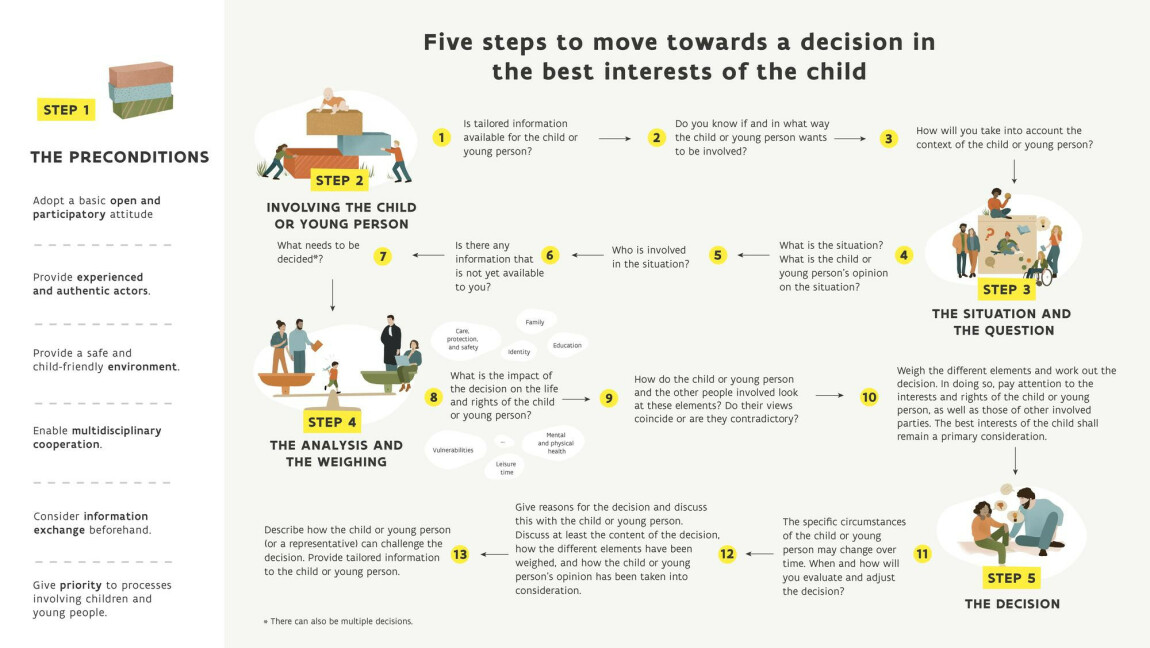
Eurochild member from Belgium, KeKi and the Flemish Government developed a roadmap for adults to better understand the needs and rights of children. Which school choice is best for a…
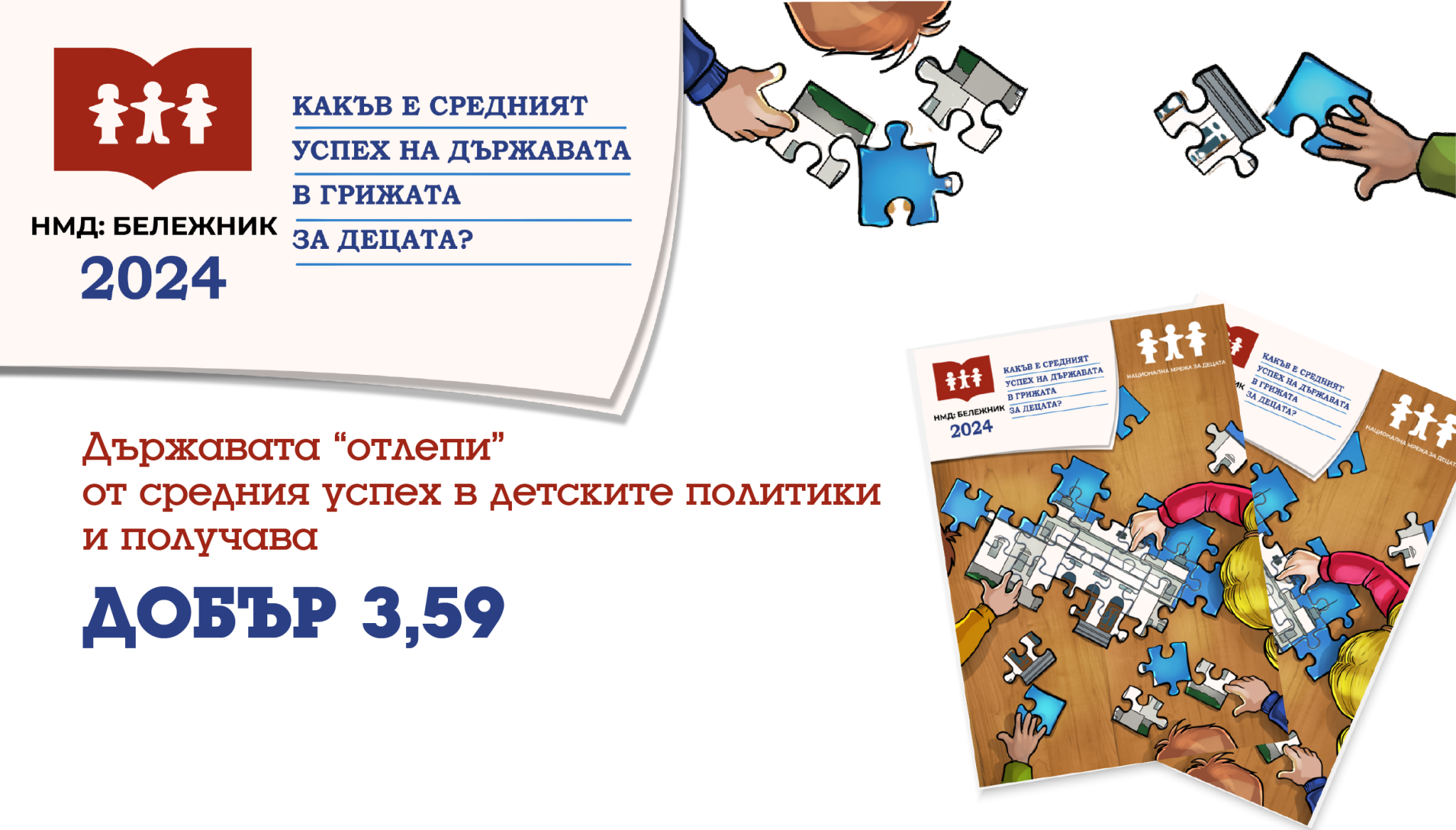
Eurochild member NNC (National Network for Children) released its Report Card 2024, which highlighted both progress and ongoing challenges in childcare and family welfare in Bulgaria, emphasizing the need for…
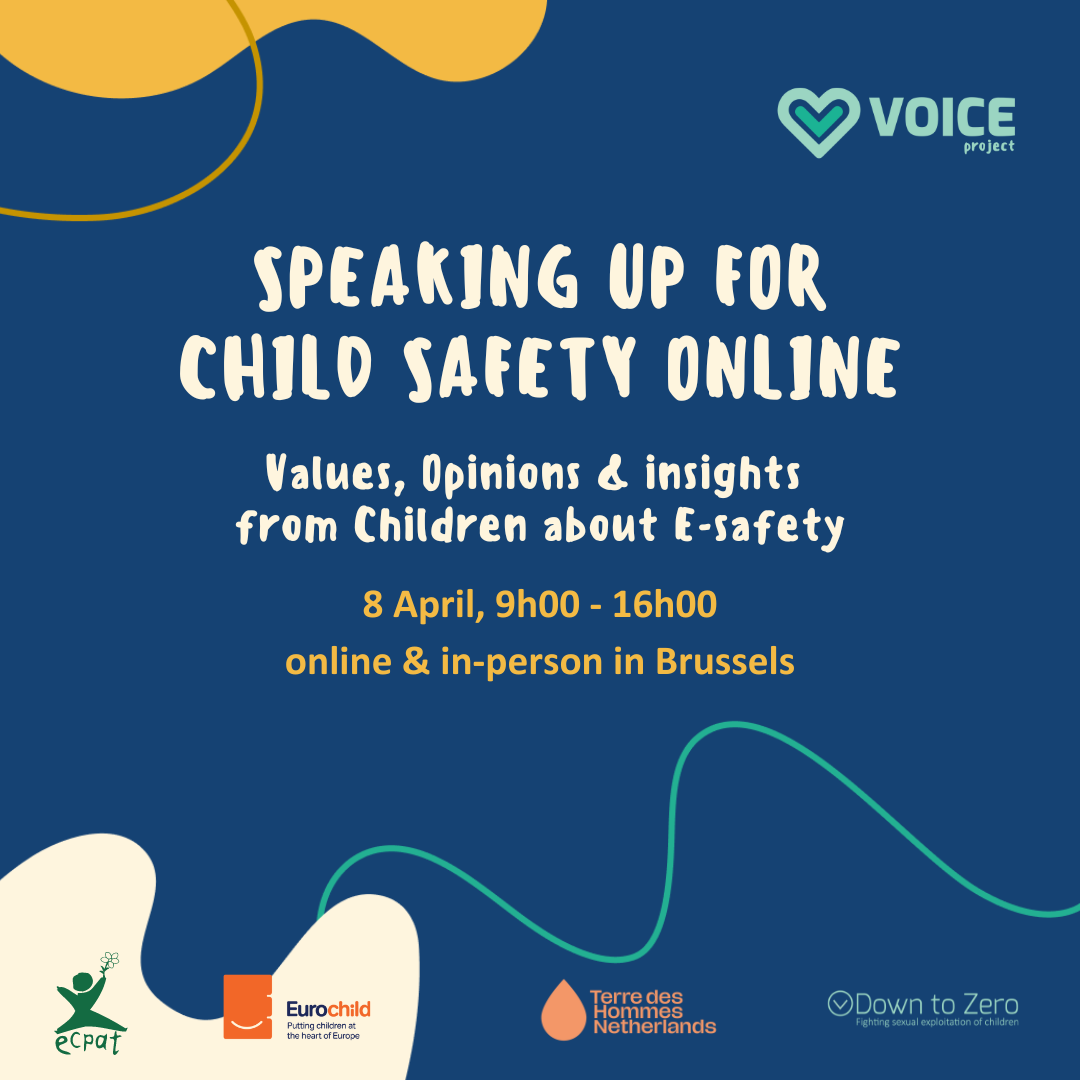
VOICE Report Launch - 8 April 2024, 9h00-16h00 (CET) Hybrid: Online and at the Institute of Natural Sciences, Rue Vautier 29, 1000 Brussels. Eurochild, ECPAT International, and Terre des Hommes Netherlands,…

